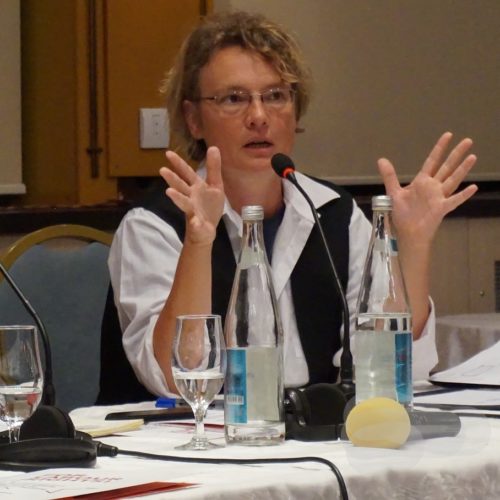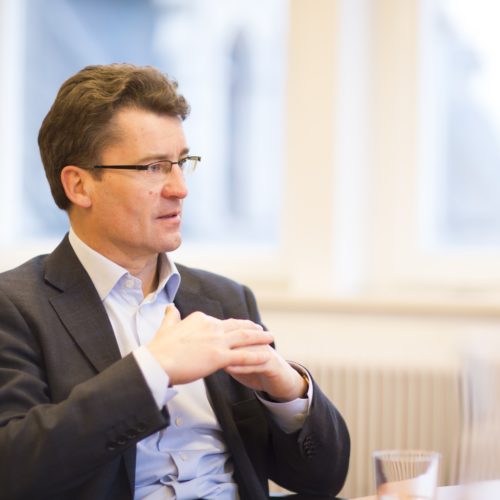Debate on Covid-19
WORKING THROUGH COVID
31st of July, 2020

Steven Klein
As I write this from Florida, the coronavirus pandemic is raging across the southern US. With rushed economic re-openings, the failures of American capitalism are on full display. Unwilling to accept the redistributive consequences of supporting an idle workforce, leaders presented a false dichotomy of basic human wellbeing and “the economy.” As a result, the COVID-19 pandemic has produced just the sort of total societal crisis Karl Polanyi theorized. Alongside some remarkable displays of solidarity and goodwill are worrying storm clouds for the future of democracy under capitalism.
In terms of Polanyi’s framework, the pandemic is ramifying across all three fictitious commodities: as a crisis in the human relationship with nature and as a crisis in capitalist monetary systems (witness the intense battle over issuing coronabonds within the Eurozone). But one of the starkest revelations of the crisis is the changing nature of work under capitalism – changes that pose new challenges for the Polanyian de-commodification of labor. Since the 1970s, one important facet of the neoliberal revolution has been a shift in the structure and nature of work. During the great transformations of the Industrial Revolution, as detailed by Polanyi, the banner under which labor commodification occurred was contractual freedom. Since the 1970s, the promise of the market was individual self-realization through horizontal workplaces and nimble career paths. The commodification of labor would thus enhance, rather than degrade, ones individuality. Yet only some groups benefited from these changes—and those workers are most able to retreat to their households so as to weather the pandemic (with all the attended challenges of integrating their care work with their paid work). Yet “essential workers,” ranging from retail and health services to more traditional manufacturing, have no such luxury. Nor do the petite bourgeois, whose businesses survive off of razor-thin margins. For all those groups, the state has failed to provide protection from the interwoven threats of the pandemic and market dependency. Polanyian scholarship must attend more to the distinctive ways in which these different segments of the working population relate to market forces.
These new cleavages, I believe, are worrying from the perspective of Polanyi’s vision of democracy. Historically, the twin struggles for democracy and for the decommodification of labor relied heavily on cross-sectional alliances between the working class and the liberal professions. The COVID crisis risks fraying this alliance even further, accelerating the drift various segments of the working class away from left parties. The full ramifications of the economic dislocation and political conflict produced by the pandemic are not yet clear. But there are storm clouds gathering for democracy, especially in highly unequal polities like the United States. Where the shutdowns have been supported and successful, the pandemic could enhance support for solidaristic collective institutions. Where the needs of the market took precedence over human health, the pandemic could shake the alliances between different segments of the working class—alliances that historically supported the principles of solidarity and political equality in the face of market dependence.
Steven Klein
Lecturer of Political Theory
Department of Political Economy
King's College London.
Read the other essays on the Covid-19 pandemic here:





